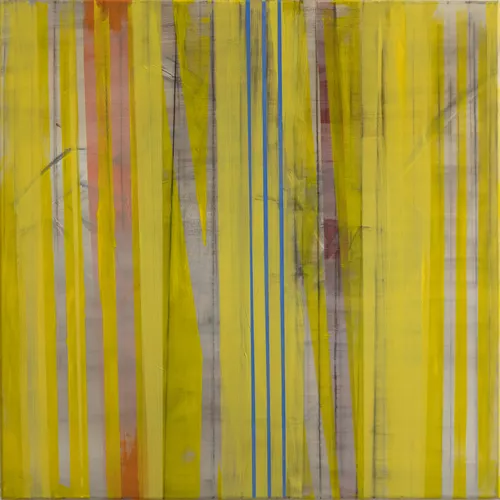Paula Rego. Since the 1990s, this name has been synonymous with sometimes controversial paintings that address the unequal role of women in society − and in supposedly equal European countries. Her 1998 series The Abortion Pastels depicts the process and consequences of illegal abortions; a direct response to a rejected referendum the year before to relax abortion laws in Portugal. Another well-known work is The Dog Woman from 1994: a woman squats on the ground like a wild animal and looks up submissively, a symbol of the social oppression of women.
Even as a young woman, Rego, born in 1935, produced artworks that provoked resistance from viewers with unpleasant themes. Her collages, which were particularly critical of Oliveira Salazar's dictatorial regime in Portugal, provoked heated debate in 1965. Shortly thereafter, Rego's husband was diagnosed with multiple sclerosis. Rego processed the new family life in paintings until her husband's death in the late 1980s. At this time, she increasingly focused on depictions of women, which established her notoriety outside Portugal and England in the 1990s. Exhibitions in major houses such as the National Gallery in London or the Tate Britain followed, as well as a nomination for the Turner Prize in 1989 as one of the first women. On June 8, 2022, she died in London after a short illness.





















